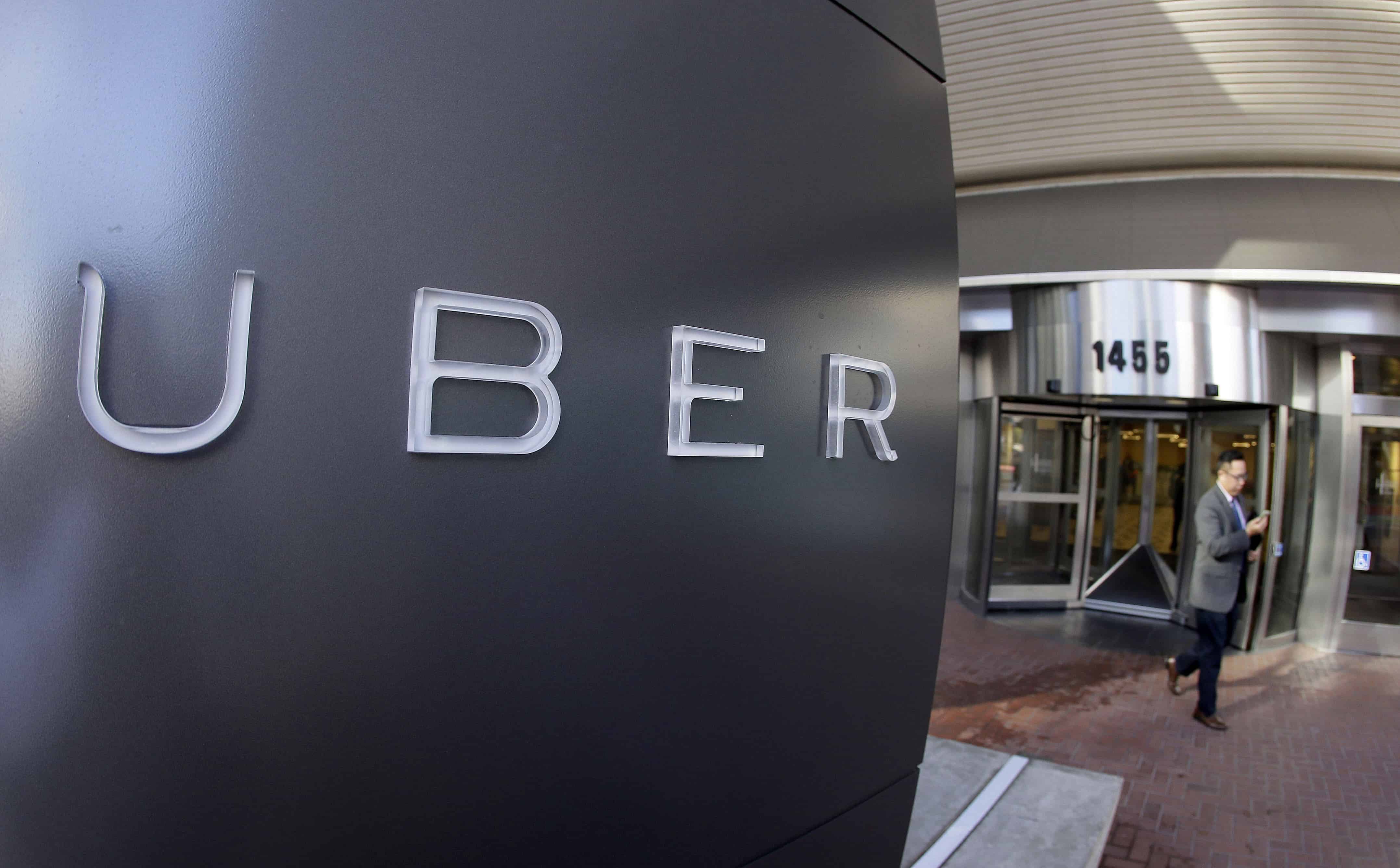The former golden child
Silicon Valley’s former golden child, Uber, is no stranger to controversy. From protests and government action to lawsuits and safety concerns, the young ridesharing company has been through quite a lot but these last two months might have been its toughest.
Seven of Uber’s brightest minds have resigned in the last two months, and the list looks to keep on growing. Notably, the list includes Amit Singhal, Senior Vice President of Engineering, Ed Baker, Vice President of Product and Growth, and most recently Jeff Jones, President. It must also be pointed out that Uber’s CFO position has been unoccupied since March 2015.
The departure of Jones, who has only been at the company for about six months, signals that tough times at Uber are to continue. In a statement to The Chronicle, Jones said, “the beliefs and approach to leadership that have guided my career are inconsistent with what I saw and experienced at Uber and I could no longer continue as president of the ridesharing business.” His statement is likely in reference to CEO Travis Kalanick and his aggressive way of running the company.
#DeleteUber
In fact, Kalanick himself has been the source of a fair share of Uber’s controversies. Back in late January, Kalanick quit President Donald Trump’s business advisory group, after facing strong opposition to what was perceived as an endorsement of the President and his travel ban. A social media campaign was even started, as the #DeleteUber hashtag started to trend on Twitter. This was followed up by Kalanick’s infamous video with one of his own Uber drivers, seen in a video released in late February.
These incidences are, however, just the tip of the iceberg.
On February 19, a blog post by ex-Uber engineer Susan Fowler rocked the internet, with claims of Uber’s widespread sexism and discrimination at the workplace. These allegations not only spurred a social media campaign that revived #DeleteUber on Twitter. According to a New York Times estimate, this saw half a million users delete their accounts – but also spurred an independent investigation into the claims.
Waymo Lawsuit and Greyball
However, only a week later on the February 24, a lawsuit was filed against the ridesharing company by Waymo – also known as Google’s self-driving car subsidiary. The lawsuit was brought about by engineers at Waymo being accidentally copied in an email that contained images of Uber’s self-driving car design, image that had a “striking resemblance” to Google’s own trade secrets. The legal action marks the end of what was once a harmonious marriage between Google and Uber that started in 2013, when Google Ventures invested $258 million in Uber.
The trouble continued to March 3, when a report broke about Uber’s use of Greyball. Greyball enabled the app to evade authorities in countries where the company’s ridesharing service had been curtailed, or even banned by the law. The programme not only raises questions about its legality, but also about Uber’s ethical responsibility in the face of things.
Glimmer Of Hope?
In spite of the difficulties the company has been facing, however, the company’s board members still seem to have full confidence in Kalanick as CEO, according to Arianna Huffington, an Uber board member herself. She continued, adding on that despite the departures, the company has been receiving a huge influx of applications, including ones from “successful, brilliant women.”
While Uber’s board members may still have hope in the company’s future, others aren’t quite as assured. According to Bloomberg, the company was on track to lose over US$3 billion in 2016. Moreover, venture capital investments, where Uber has been getting most of their funds for, are expected to slow down over the coming years, with Fortune saying that “the Bay Area tech sector is starting to stabilize after years of hyper-growth.”
Uber’s turmoil, however, is their competitor’s time to shine. Lyft, Uber’s biggest competitor in the United States, flourished in 2016 – with over 160 million rides in the year as compared to they did 53.3 million they previously. This coupled with Lyft’s meteoric rise on the app store, beating Uber for the first time in January, could spell trouble for Uber.
Lyft’s president and co-founder John Zimmer even said that, “I think reputation matters. We’ve stood for taking care of people, whether that’s internally or externally, and our actions also speak to that and I think people are more and more realising that and tying it to their usage.


















